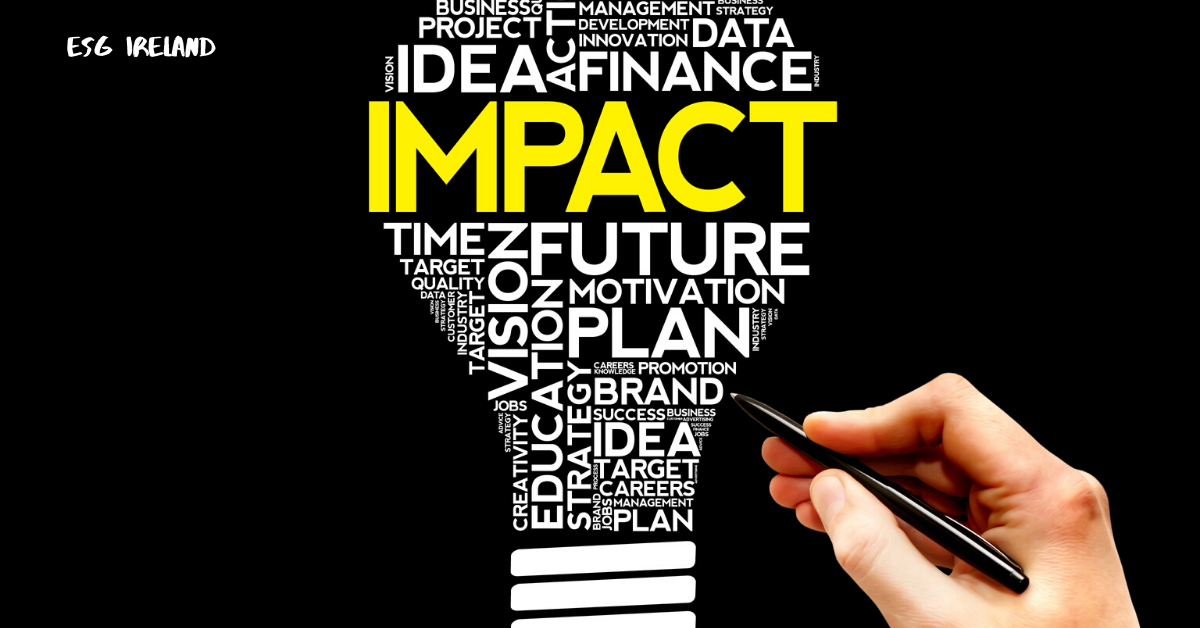
Shifting attitudes and growing social and environmental awareness are reshaping our world. Consumers are highly aware of the environmental and social impact their spending habits can have. Investors are increasingly demanding that their investments not only deliver sustainable financial returns, but also reflect their ethical or moral values. And regulators are enforcing more stringent environmental and social protections.
European companies are at the forefront of this sustainable revolution, leading their industries in sustainability agendas. As asset managers, we too have a vital role to play.
A high-profile galvanising force for positive change has been the United Nation’s Sustainable Development Agenda. At the end of 2015, the UN set out 17 Sustainable Development Goals (SDGs) designed to help governments and regulators meet the most pressing global challenges. The task is a sizeable one. According to the UN, it will require around $5-7 trillion annually to meet its Agenda. As a result, the SDGs have rapidly become a call to capital for investors and asset managers alike.
One increasingly popular way asset managers can help meet the UN’s Agenda is through impact investing. This involves investments that seek to have a measurable, positive environmental and social impact alongside financial returns.
With their strong sustainability credentials and global leadership on social and environmental issues, and early adoption of the SDGs into strategy and business practices, European companies are an attractive opportunity for impact investing. From across the region, we are seeing numerous companies whose technologies, products, services and business models provide solutions contributing to positive change in areas such as healthcare, education, agriculture and energy. Opportunities for active investors abound.
Our approach to impact identifies companies that are intentionally investing in products or services that address rising social inequalities, climate change or unsustainable consumption and production. We seek out companies that go beyond operational improvements, such as reducing its carbon footprint and focus on companies with an operating model designed to achieve a measurable positive outcome.
While measuring financial returns is relatively straightforward, quantifying positive environmental or social impact is more difficult. European companies are at the forefront of impact measurement, providing specific data and case studies on the real-world impact their products have. How does this look in practice?
One company leading the way is Vestas. It designs, manufactures, installs and services wind turbines, with 92 gigawatts of wind turbines across 79 countries. The company’s mission is to “deliver best-in-class sustainable energy solutions for the benefit of clients and the planet”. Over its lifecycle, a Vestas wind turbine will generate 30-50x more energy than it uses, and these turbines emit 1% of the carbon dioxide per kWh compared to a coal power plant. These achievements address climate change and support the global achievement of SDGs 7 (affordable and clean energy) and 13 (climate action).
French utility company Suez provides water and wastewater treatment services to 23.8 million people in developing countries. It also targets an increase in this number by 2021. Last year, it supplied 1.3 billion cubic metres of water from alternative sources. That’s enough water to grow 520,000 tons of rice. Suez’s services help to fight rising inequalities and support country efforts to addresses SDGs 1 (no poverty), 6 (clean water and sanitation) and 14 (life below water).
While disparate in nature, these companies share a common theme: they first and foremost seek to generate a profit. Their activities are not pet projects. Investors shouldn’t confuse impact investing with philanthropy. Offering innovative products and services is an intentional strategic decision designed to yield long-term revenues, benefitting from changing consumer demands and regulation, while still tackling the planet’s problems.
It is clear that the world faces a number of significant environmental and social challenges. We believe many European companies are leading the charge, offering unique products and services that align to the UN’s Agenda. As for investors, they can take satisfaction knowing that they are doing good while securing their financial future. As such, we believe the ‘impact’ revolution will only grow – creating numerous opportunities for active asset managers.
End
Sarah Norris
Investment Director
Aberdeen Standard Investments
